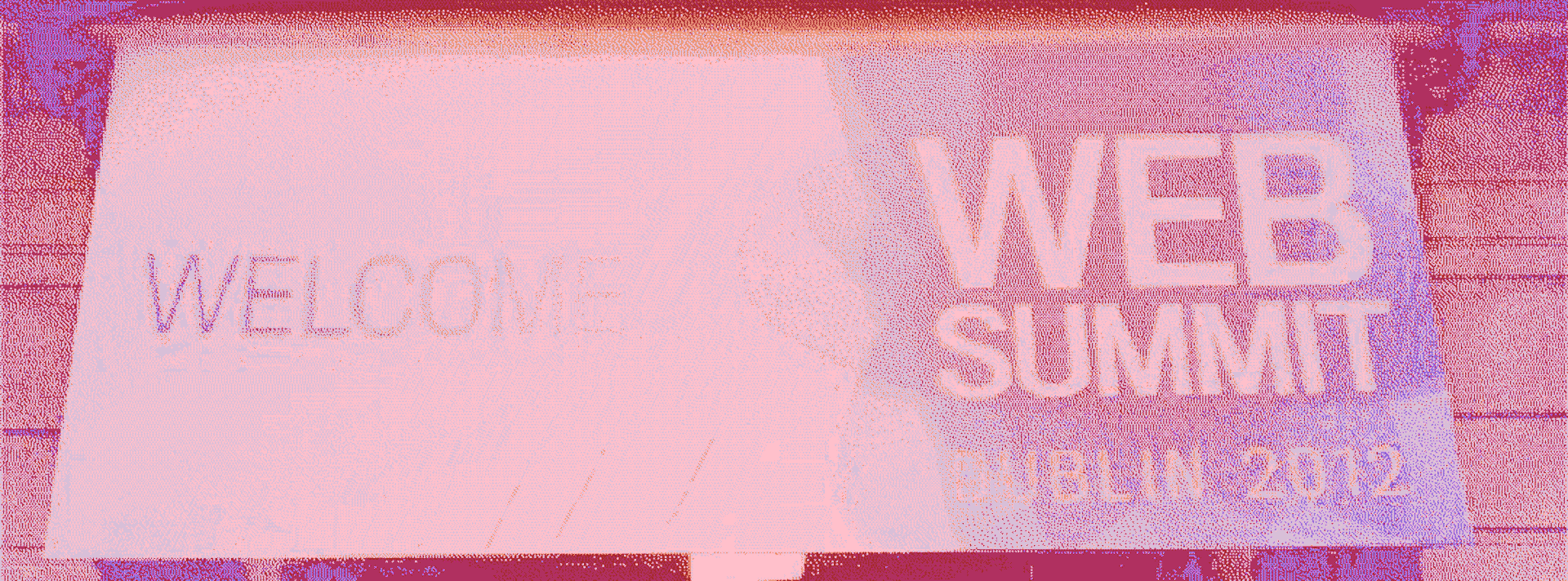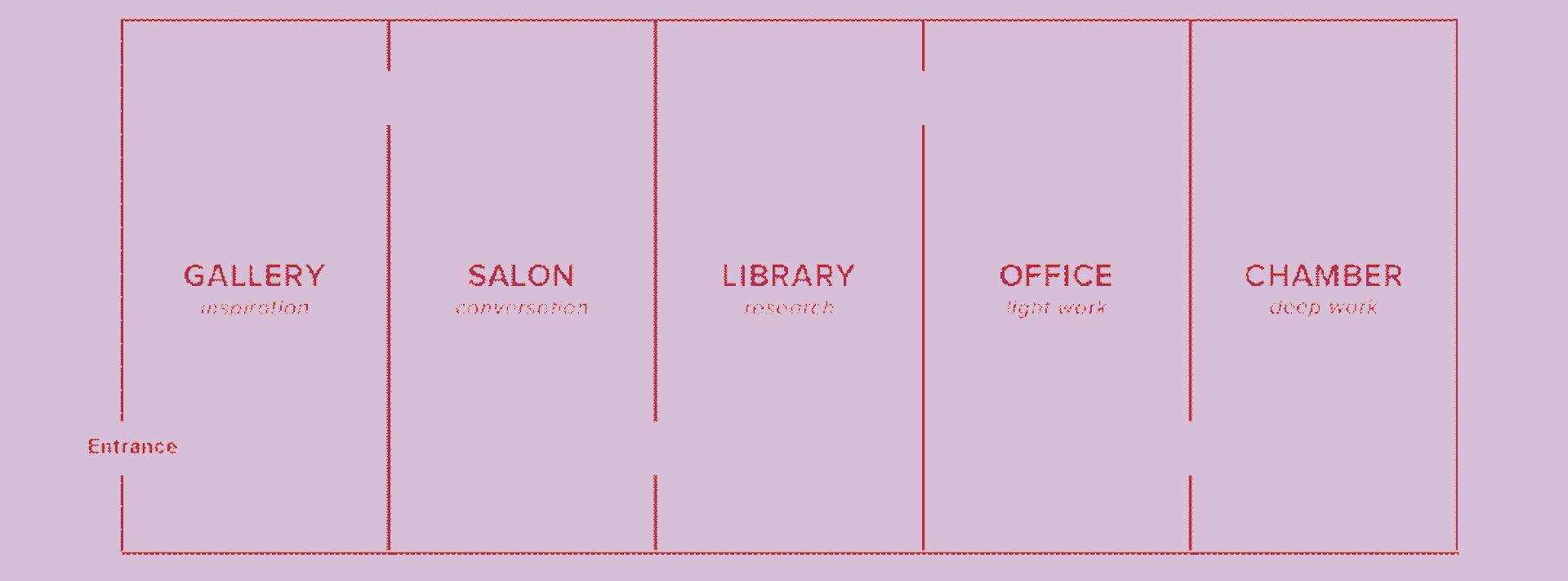Week 9 — Reflecting on communities of practice
During week 9 we discuss communities of practice.
I practically live online, and peruse as many online gamedev communities as I can. On Discord I participate in the LÖVE, Three.js, Cocos2D-X, Godot, and countless more communities. On Twitter, I post using various gamedev-related tags. On Reddit, I lurk in the various gamedev-related subreddits.
When it comes to meatspace (and current circumstances allowing), I participate in many a hackathon and conferences, including (but not limited to) Facebook F8, Apple Developer Conference, and Scaladays. I love these events, as you see old colleagues and friends there, and can usually talk some shop over a pint after the proceedings.

I’m part of non-gamedev-related communities too, e.g. tinkering with electronics. I’ve been a long-time subscriber of Make: Magazine, and rear my head in the Makershack whenever the Cheltenham Science Festival is on. I also used to frequent the London Hackspace when it was still based in Islington.
A few of my cohort had trouble with the challenge this week, which was to write an ethnography report on communities of practice that aligns with one’s interests. And some of them mentioned that they loathe conferences, and don’t get much out of them. I have the opposite view, always asking how I can contribute. Is there a tip I can tweet today, or a beginner I can give a quick bit of guidance on Discord before the work day starts? Besides, this is an opportunity for learning, as you might dispense of information you think is correct, until a more seasoned colleague pipes up and shares their updated information.
I’m never afraid to ask for help or advice. We participate in these communities because we all want to advance our craft together, not because we want to look smart. (Sadly, some don’t participate at all for fear of looking dumb.) There’s no such thing as a bad question, only a bad answer. I got where I am today because individuals smarter than me were willing to spend a minute of their valuable time to give me a leg up.
I also believe that productivity and learning both have its moments with and without other people:
| Productivity | Learning | |
| solo | deep work | individual learning |
| group | collaboration | group learning |
Deep work is what might happen when you’re by yourself in the “deep work chambers” (Newport 2016) of the Eudaimonia Machine (as designed by architecture professor David Dewane (Mathison 2017)), and individual learning is what happens quietly in your study (not even in hushed tones with your cohort at the library).

(Eudaimonia Machine, Copyright 2020 Murray)
However, we shan’t forget to incorporate others into these activities either: your colleagues, team mates, cohort, greater network, and communities of practice. You will advance in your career, but so will those in your networks, so be sensitive to their time (Horowitz and Poynter 2012: 126). When I have asked for startup advice from seasoned entrepreneurs, my emails were short, to the point, with a focused question, and perhaps 3 scheduling options for following up in person (if required), so they can just pick one that suits them. Once I got my answer, I usually follow up with a thank you note or a bottle of wine.
Just like “game designers should play all sorts of games” (Macklin and Sharp 2016: 75), we ought to read widely and find experiences elsewhere for a more rounded take on life:
The good news is that a good game idea can come from anywhere ... Read something you normally wouldn't read ... Attend a lecture.
(Rogers 2014: 30-32)
I would add to that list to mix with a variety of people, to get different viewpoints, and experience different personalities. Also, mixing with lots of different people allows you to play anthropologist, so your communities of practice is the opportune moment to do this.
Of particular interest to game designers is the approach of cultural anthropology, which is the study of peoples' ways of life, mostly through fieldwork. We can learn a number of important things about human nature...
(Schell 2019: 14)
That all said, I think I’m happy with my level of participation in the wider community. I’m also happy that I do have varied interests, each with their own communities of practice. I do try to balance give and take, and I do admit that giving feels better than taking. Now if only this Covid nonsense can lift so we can all get back out there and meet face-to-face again!
Bibliography
- HOROWITZ, Sara and Toni Sciarra POYNTER. 2012. The Freelancer’s Bible: Everything You Need to Know to Have the Career of Your Dreams on Your Terms. New York: Workman Publishing Co.
- MACKLIN, Colleen and John SHARP. 2016. Games, Design and Play: a Detailed Approach to Iterative Game Design. First edition. Boston, MA ; San Francisco, CA: Addison-Wesley.
- MATHISON, James. 2017. “I Can’t Stop Dreaming of Eudaimonia.” Medium. Available at: https://medium.com/@jsmathison/i-cant-stop-dreaming-of-eudaimonia-84d9059b551c [accessed 18 Nov 2020].
- NEWPORT, Cal. 2016. Deep Work: Rules for Focused Success in a Distracted World. London: Piatkus.
- ROGERS, Scott. 2014. Level up! the Guide to Great Video Game Design. 2. ed. Chichester: Wiley.
- SCHELL, Jesse. 2019. The Art of Game Design: a Book of Lenses. Third edition. Boca Raton: Taylor & Francis, a CRC title, part of the Taylor & Francis imprint, a member of the Taylor & Francis Group, the academic division of T&F Informa, plc.
This post is part of my critical reflective journal and was written during week 9 of the module development practice.
Unlabelled images are Copyright 2020 Juan M Uys, and are for decorative purposes only.